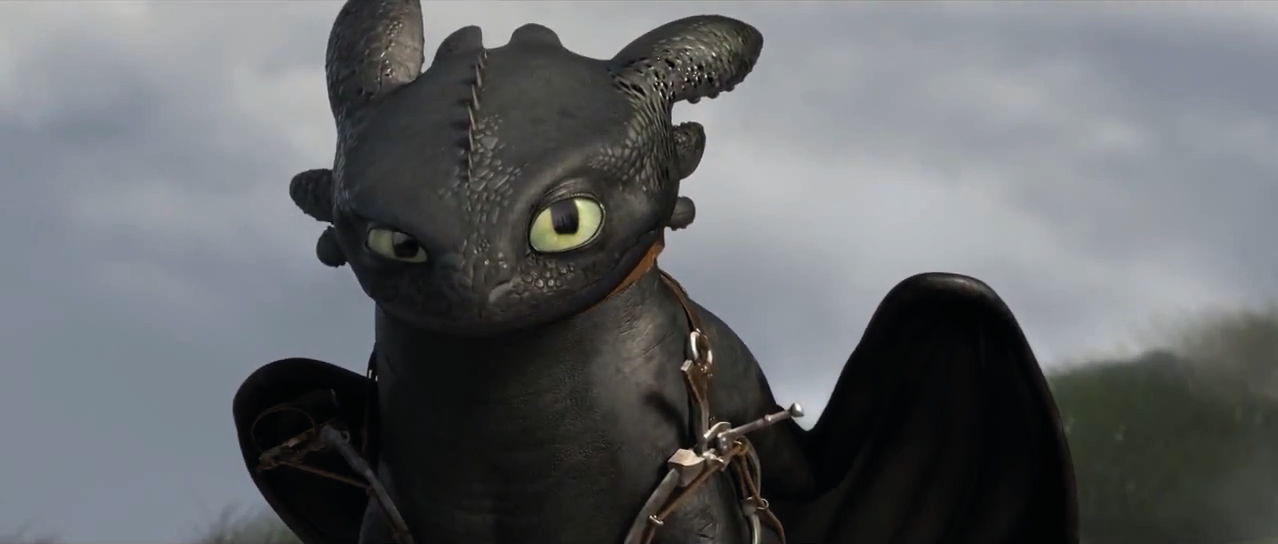Challenged by Royston Martis (via twitter) to come up with a better word than 'engagement', I convened a workshop entitled "If we are not going to use the word engagement, what should we use and do?" This is a report of that workshop, ably helped by Sue Ritchie who kept flipchart notes. As you might expect, the conversation ranged quite widely!
I will begin with one police officer's story who said he was once walking down the road on his patch and one his (dare we call him) 'customers' came up to him and said, with a wry grin "Are you engaging with me or reassuring me today?" Now we all know how the great unwashed British public have this irritating habit of raising an eyebrow (and sometimes more) to our carefully contrived words / concepts of the moment. And this doesn't necessarily negate the value of some words. However in this particular instance, I think we may have to listen and reframe...
So what else was raised in the meeting. Here is in a fairly random order are some reflections on the discussion and points raised (with thanks to all who came along):
- Is it essentially about a model where the police service is the vehicle, the public are in the driving seat and the gears that connect the driver to the engine and wheels is where the 'engagement' happens. In other words, are we really talking about is the public not only participating in but leading on the shape and direction of the public services?
- So the public are anything but passive customers / consumers of public services, they are and should be the drivers.
- But if we talking about 'community engagement', which community are we talking about. Or more correctly: which communities...
- And moreover, do all these communities want to 'engage'..? Is the role of the public services to pester the public for their judgments & opinions?
- Perhaps a greater focus on the future and the outcomes that the public want would be a better place to start.
- Can an organisation which is poor at 'engaging' its own staff and listening to them ever really properly engage with the public?
- Is engagement really just about listening and having good conversations... and then using the ideas / information / hopes / ambitions gleaned in shaping the direction of policing really all that it is about?
- How come we even have to talk about engagement? Just how did we get to a point where the police service (like other services) is not delivering policing in ways that the public need and want?
- Is what is being done at the moment working? If not (as we suspect so), what creative alternatives do we need use instead?
- Why do I feel more connected to my postman than to almost any other public (?) service? Perhaps because I feel he knows me...
- What are the barriers that get in the way to shaping and delivering public services that match what all communities need?
There was more of course. I have also uploaded a pdf file of the flipcharts produced by Sue. You can access them here. And if anyone wants to add their recollections and reflections, please do so below. Thanks.












.jpg)


